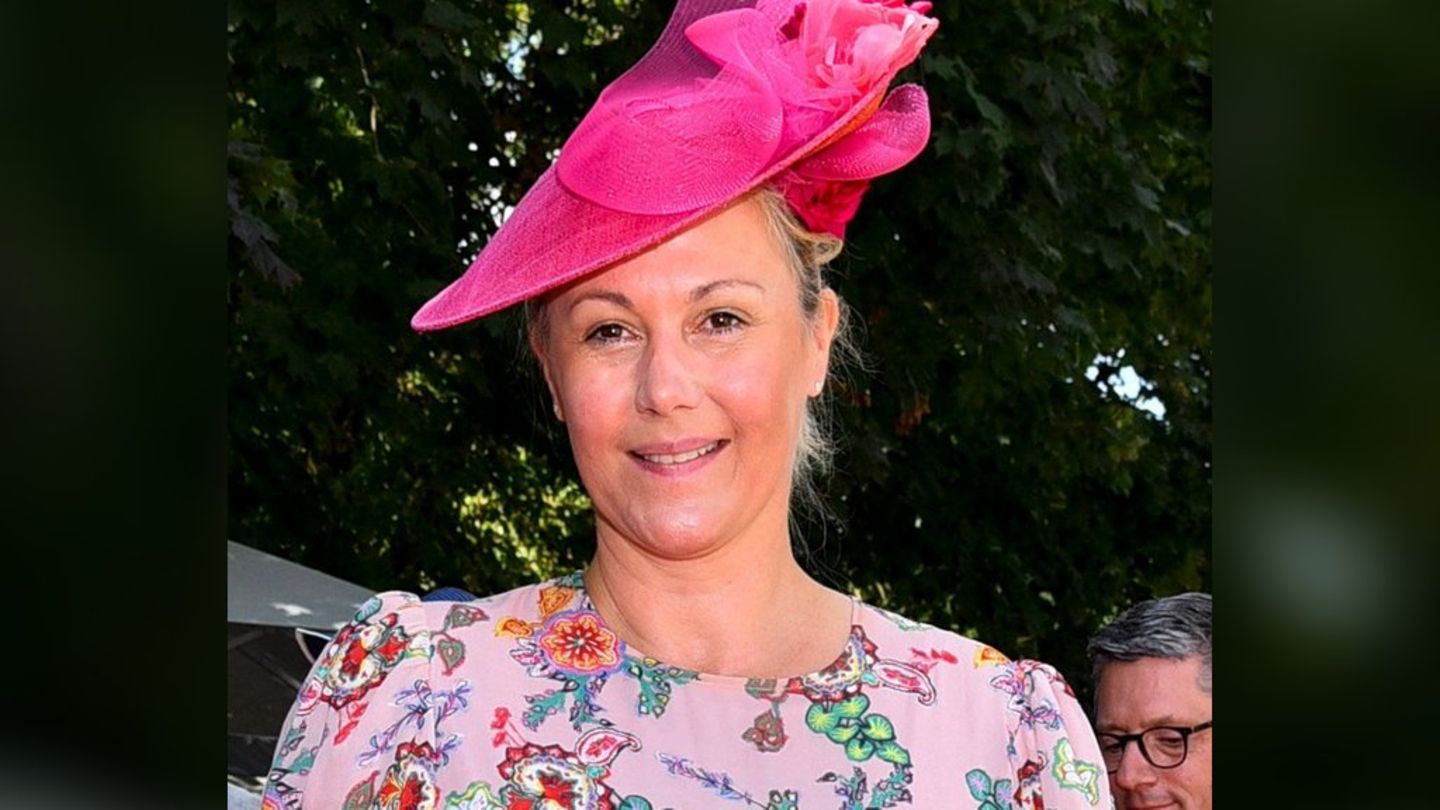“We are cleaning up the balance sheet of the Central Bank, we solve the fiscal problem, we put the commercial debt on track, low inflation and gap at minimum levels, but we prefer to tread more safely”. The definition responds to Minister of Economy Luis Caputoabout the possibility of removing the trap. The official seeks to advance with the same caution as businessmen regarding the economic program. Hope in the Mileist creed in the face of the uncertainty of materializing it.
In its 2024 edition, the United States Chamber of Commerce in Argentina (AmCham) brought together representatives of 720 companies from 42 economic sectors. The question that bounced around the Buenos Aires Convention Center throughout the event was the same: What is the economic outlook they project in the coming years?.
A representative of the automotive sector decided to respond forcefully: “Today we are in the worst year of the last twenty”. Currently, according to ADEFA, the drop in wholesale sales was 5.90% and 27.4% in patents for the accumulated two months. However, the ending was hopeful: “But we trust in the long term. The outlook is positive”.
The atmosphere in the room was characterized by the enthusiasm of a model market friendly, that promotes the deregulation of the rules of the game, generates a regulatory framework that protects large investments and maintains the bases of growth and foreign exchange income in primary sectors.
This is how businessmen point to the operation “armor” in strategic sectors: legal protection from macroeconomic swings to sustain and amortize long-term projects.
The Omnibus Law includes a chapter that was little discussed in its general evaluation and has to do with the Large Investment Regime. The model is intended for the sectors of Agroindustry, Infrastructure, Forest, Mining, Gas and Petroleum, Energy and Technology.
Although the UIA was the only entity against the initiative, the Amcham business community was enthusiastic about its vote. Especially the oil sector. Along with agriculture, Vaca Muerta, the unconventional jewel of Neuquén that totals US$ 8,000 million annually in investmentspromises to be the protagonist of the recovery, as long as it can triple production, as they expressed at the event.
For example, a refiner that invests $500 million annually admits to looking forward to the steps that Caputo promises to take: removes from the stocks, Bases Law and remission of profits. “We want to move forward with promising projects, but we need greater predictability,” he explains in dialogue with Ámbito.
At the same time, he says that during the meetings with the national economic portfolio “the Secretaries do not speak to you from the micro, they offer you guarantees from the macro,” and concludes: “We are all in wait and see mode, let’s see what the investment guarantee announcement turns out to be.”.
But precisely there they find the main obstacle: the agreement for legislators to sit down and vote on the structural reforms that Milei proposes.
Part of this uncertainty is attributed to to the President himself and its ease in damaging bridges of dialogue and contempt for political activity. Although the Governors also show their letter. This time, the criticism came from a radical deputy: “The Country Tax will not be shared because the IMF wants it outside. It is known that there will be no transitory advances. Profits now they do not want. Do you know what nobody wants? Pay the political cost of nothing”, he assured, before leaving the building.
It is precisely with this logic that Caputo, in front of the central auditorium, highlighted that he thinks “very important” that the Base Law passes through Congress. And he pointed out against the provincial leaders: “Some governors began to understand it, others not so much. On the other side they are doing politics, they are not dying for things to turn out well”.
To do things well, according to the Minister, Argentina will venture into free currency competition. For this, he applies a shock program, different from that of Peru, which “took three years to lower inflation.” Every step in Congress, the Central Bank or the Ministry of Economy is supervised by the IMF, an organization with which he confirmed that “they are talking” since “is open to a new program”. The Fund asks you for one condition: structural reforms.
A former official in Alberto Fernández’s government admitted that Caputo’s speech at the event was, at the very least, interesting. “Massa would not have taken a very different path than Milei adopted,” he confesses, regarding the initial corrections and the objective of cleaning up public accounts. For the rest, he keeps it to himself.
Likewise, in defense of the administration to which he belonged, he highlights that the former Minister’s greatest counterweight is the ability to negotiate those changes that Milei seeks to impose. “The government seems not to want to dialogue. There are expectations for the program, but they doubt its credibility”, he reflects.
Meanwhile, AmCham, the chamber that claims to provide the 24% of the national GDP, the 39% of tax collection, Four. Five% of exports and 35% of the country’s imports, points to a “viable Argentina” – the motto of this edition -, but several of its members maintain that the viability of the country no longer depends substantially on the economy, rather on the talent of the ruling party to realize its plans. .
Source: Ambito




